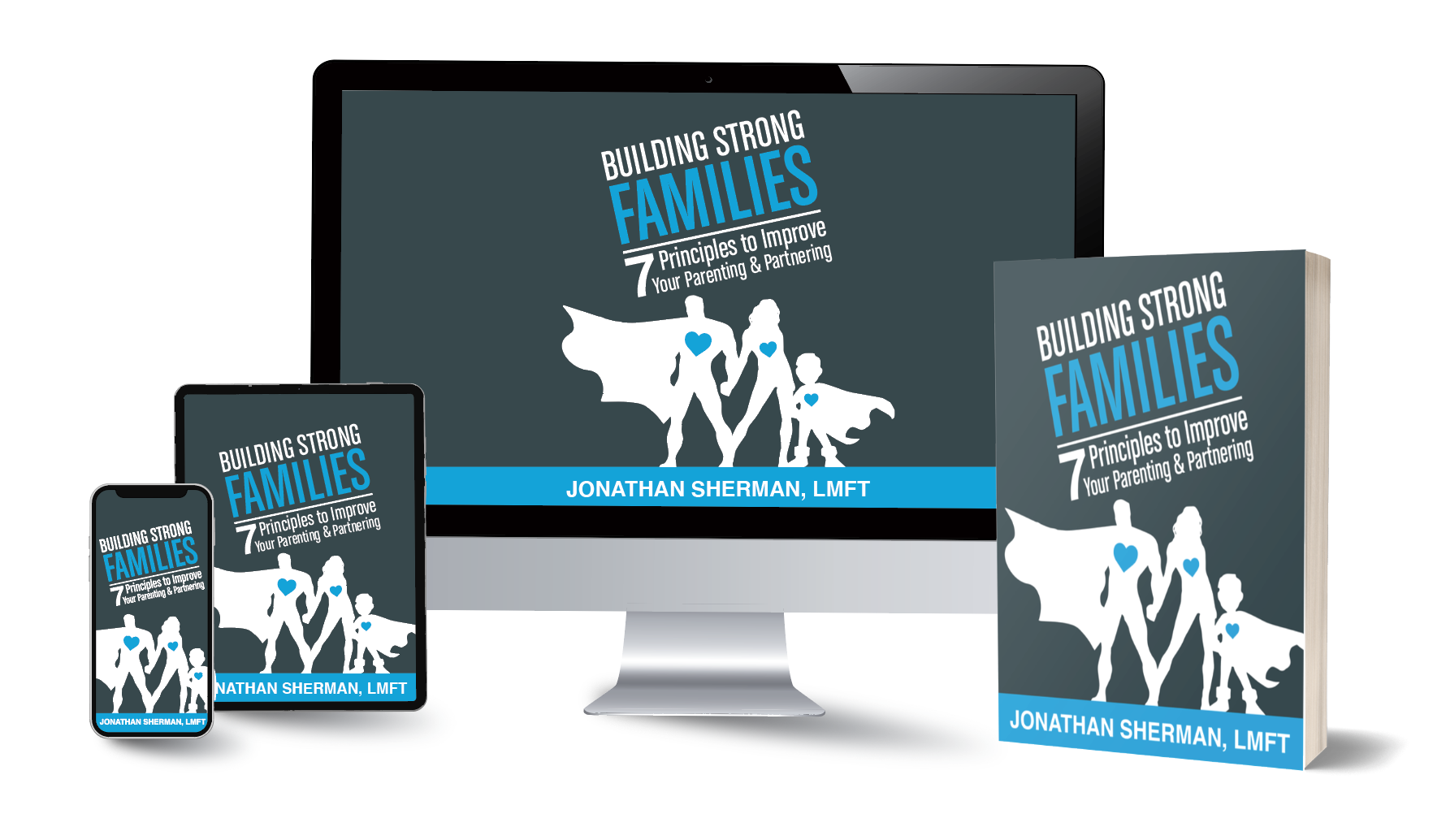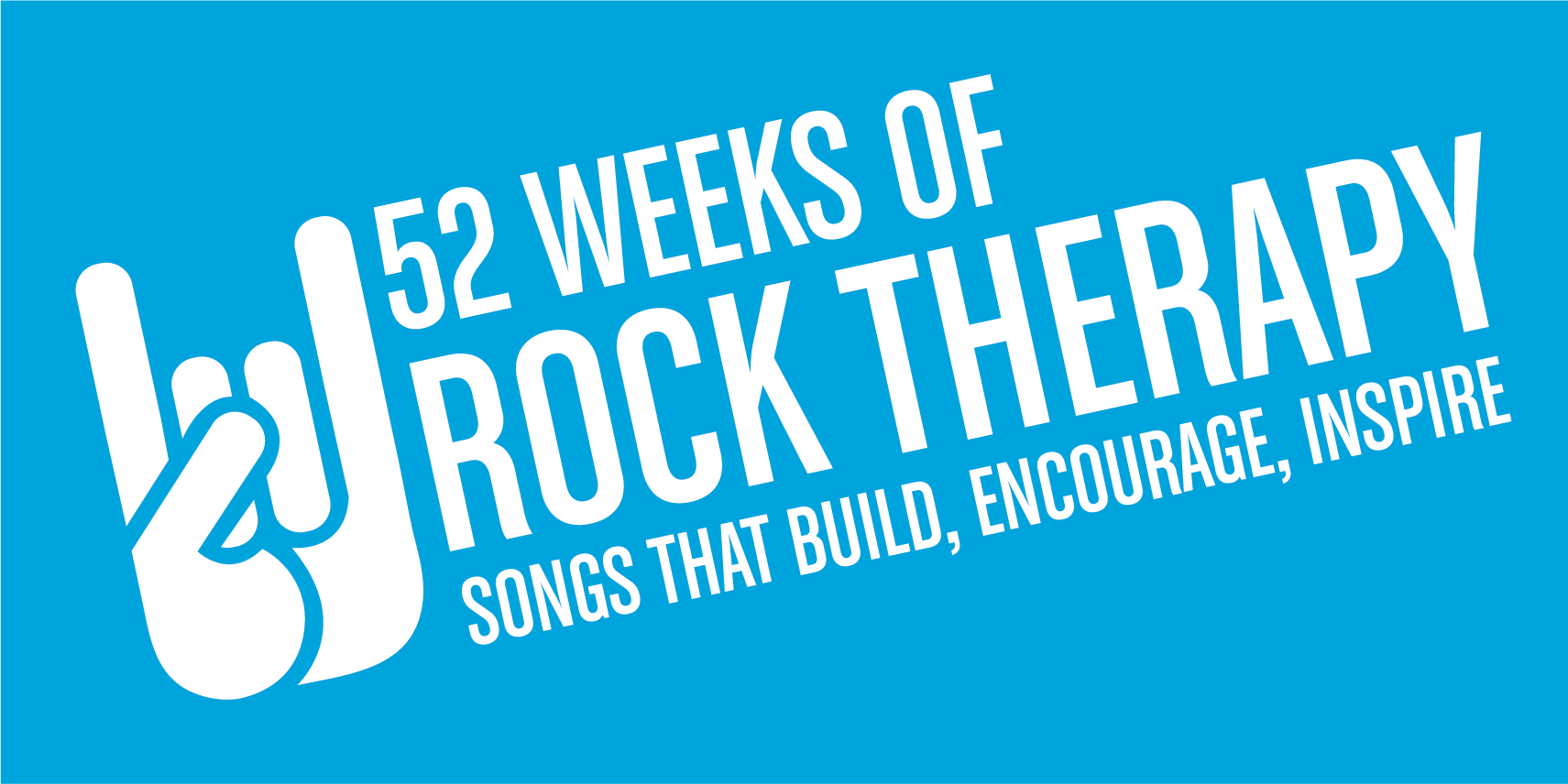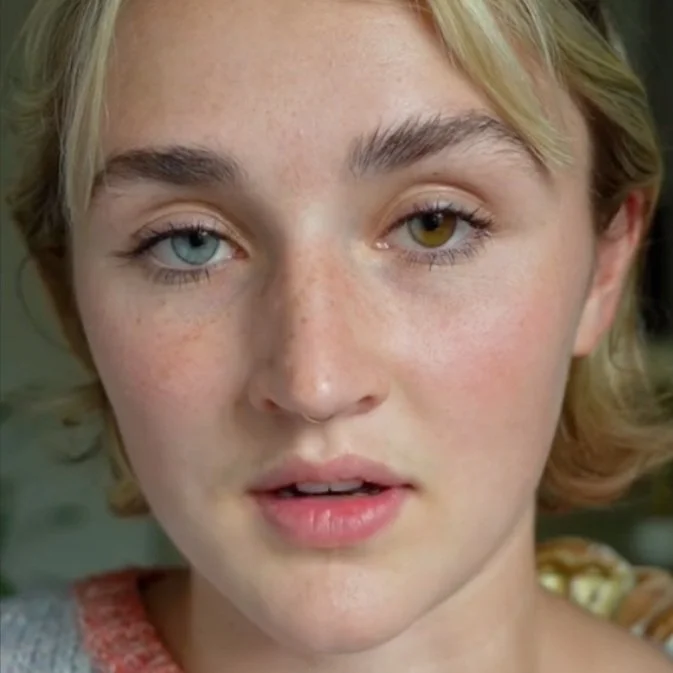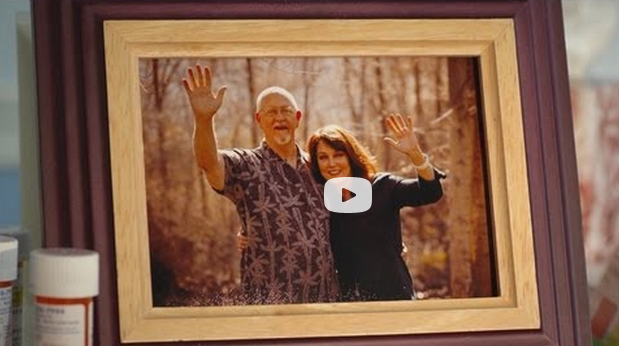Guest Blogger Kara Sherman on "Managing My Seasonal Affective Disorder (SAD)"
/Jonathan: My wife Kara is a wonderful advocate for mental health. One of her great strengths is she talks openly and easily about her own mental health without shame and without stigma. That has been so helpful for so many to normalize a very common thing so many suffer and struggle with in silence. Several years ago, she wrote this helpful 8-point PSA about her Seasonal Affective Disorder (SAD) and how she manages it in the hopes that it can help you, too! I try to share it every year.
As a mental health professional, I've always appreciated Kara being vocal about her depression and effective treatment of it—she, and others like her who share their struggles and success openly, help break down the stigma around mental health issues, which in turn helps others get the help they need. From time to time, when someone hears Kara speak of her depression, they are surprised, "I didn't know you were depressed. You don't seem depressed." She replies, "That's because I treat my depression the way it needs to be treated, which usually means I don't feel depressed." Kara has been a long-time advocate of proper treatment for depression, which comprises both therapy and medication.
Here's my PSA for the day:
Over the past month, my Seasonal Affective Disorder has gone into overdrive with the onset of winter and less sunlight every day. I experience it in different degrees every year. Some years I don't experience it at all. This year, it's obnoxious in its intensity. My chronic neck pain has returned, and my head has hurt for five days in a row (thank goodness for Exedrin and Dr Pepper), not to mention wanting to sleep All. The. Time. and becoming a hermit. But there are things I do to keep myself above and on top of the depression:
1. Call the psychiatrist and ask for an increase in my Effexor (anti-depressant). Because he knows that I know how to regulate my meds on my own, he will give me what I want. Just a little extra to take the edge off is all I will need to get me through until March.
2. Make an appointment with my psychiatrist to discuss my medication, have my yearly checkup, and possibly change medications if we determine that what I am on right now is not working well. It literally takes two months to get in to see him, so as of right now, I have an appointment for February 25. No joke.
3. Get out my light box. [Note: Light therapy, or phototherapy, is a well-researched treatment for SAD. Read more about it here. —JS]. There are years I don't have to use it but this year is not one of them. I turn it on while I am getting ready for the day in the bathroom. Sometimes I will sit in front of it and read a book or work on something long enough to get the required amount I need. It doesn't really lessen the neck pain or the headaches, but I function a little better.
4. Slow down. Jonathan has told me many times over the years that, genetically, we are supposed to slow down in the winter. It's a time of sitting around or sleeping or just resting because there is no other work to be done. He encourages me to NOT do things. He encourages me to sit and watch TV or sleep or read or cross stitch, etc.
5. Sleep at night. I try to sleep longer during the night. Sometimes 10-12 hours a night. It seems like a lot to other people, but I need it. Plus, the longer my eyes are closed, the less I have to be awake during the day. In the summer, I can get along with 6-8 hours of sleep at night, which I know some people feel is excessive, but it's what I require.
6. Don't sleep during the day. No matter what. If I fall asleep during the day, I will NOT sleep that night, no matter how tired my body and brain think it is. Or I will wake up a million times during the night. Even with sleeping pills. Insomnia is a bitch.
7. This is the hardest one: Exercise. Running is the easiest one for me or yoga and pilates. All are cheap and easy because I can do them at home, however, actually motivating myself to get them done is the problem. I have no problems at all moving my body during warmer times but having to actually put on the clothes and find a good Pandora station sometimes is overwhelming.
8. And last but not least: Ask for help. Today I said to Jon, "Will you help me do something I can't bring myself to do? Change the sheets on our bed." It had needed to be done for a couple of weeks, and I was grossing out every night getting into those sheets, but I just couldn't bring myself to do it. I still didn't WANT to do it, but having him help me made me get it done, and it took all of three minutes.
But not just asking for help doing little things, ask for help doing big things like calling the doctor to get medication, finding a therapist, giving yourself permission to be depressed. We live in this stupid world of putting on a face of "everything is A-OK," and we wear ourselves down. It's okay to say, "I feel like shit." Just do something about it.
I share my experiences to help others feel okay about their depression. To normalize it. It's okay to be depressed. It's not okay to do nothing about it. If you need help, either ask for it or when someone wants to help you, let it happen. It's the best thing that has ever happened to me, asking for and receiving help.
And that's all I have to say about that.
















































